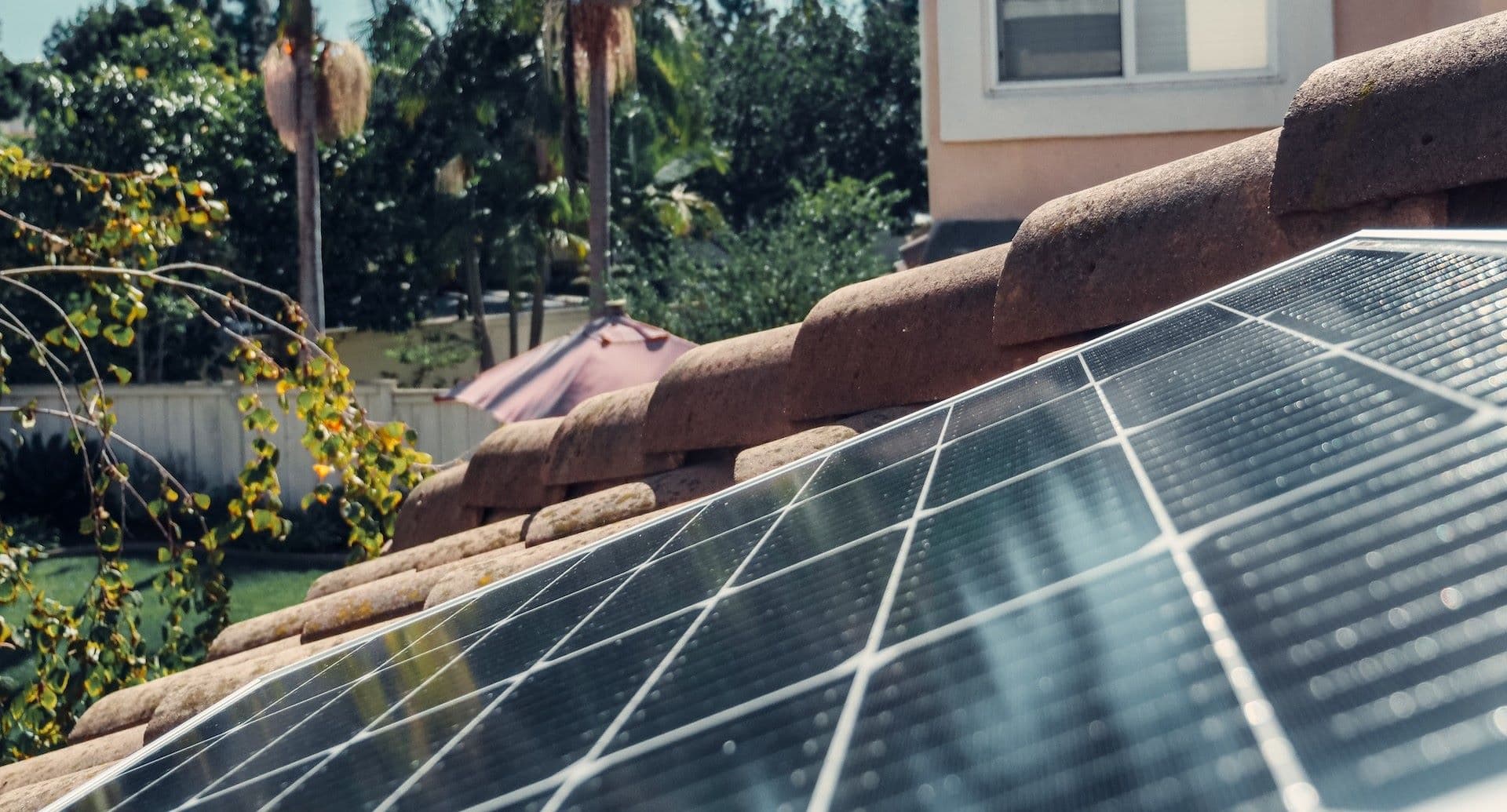How many years until solar panels save more money than they cost?
If you are considering installing solar panels on your home, you might be wondering how long it will take for them to pay for themselves. In other words, when will you reach the break-even point where your energy savings exceed the cost of your solar system?
This is also known as the solar payback period or the solar return on investment (ROI). It is an important metric to evaluate the financial benefits of going solar and compare different solar options.
The average solar payback period in the US is about 7 to 10 years, but it can vary widely depending on several factors. These include:
- The gross cost of your solar system, which depends on its size, equipment, installation company, and financing method
- The value of up-front incentives, such as the federal tax credit and state or local rebates, that can reduce your net cost of going solar
- The electricity rate you pay to your utility company and how much it increases over time
- The amount of electricity your solar system produces and how much you consume or export to the grid
To calculate your solar payback period, you need to divide your net cost of going solar by your annual savings. For example, if your solar system costs $20,000 after incentives and saves you $2,000 per year on your electricity bills, your payback period is 10 years ($20,000 / $2,000 = 10).
However, this is a simplified calculation that does not account for the time value of money or the impact of inflation on your savings. A more accurate way to calculate your solar payback period is to use a spreadsheet or an online calculator that can factor in these variables.
One thing to keep in mind is that your solar payback period is not the same as the lifespan of your solar system. Most solar panels come with a 25-year warranty and can last even longer. This means that after you break even on your solar investment, you can enjoy free electricity from your panels for many years.
Solar panels can also increase the value of your home if you decide to sell it before reaching your payback period. According to studies by Zillow and Berkeley Lab, homes with solar panels sell for more than comparable homes without them.
In conclusion, solar panels can pay for themselves in a relatively short time and provide long-term savings and benefits. To find out what your solar payback period would be based on your location, energy usage, and system design, you can get multiple quotes from qualified installers on EnergySage or Solar.com.



